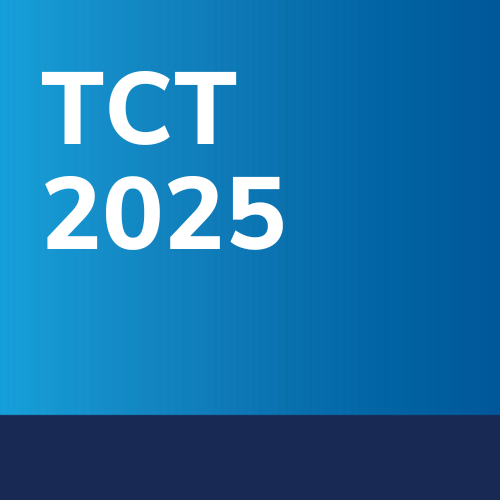Using NASA’s planet-hunting spacecraft TESS (Transiting Exoplanet Survey Satellite), astronomers have discovered three Earth-size worlds orbiting around twin stars.
It has previously been theorized that binary systems are hostile to the formation…

Using NASA’s planet-hunting spacecraft TESS (Transiting Exoplanet Survey Satellite), astronomers have discovered three Earth-size worlds orbiting around twin stars.
It has previously been theorized that binary systems are hostile to the formation…

On the surface, ChatGPT Atlas — the newly launched AI-enabled browser from OpenAI — seemed like the next step in web browsing: blending the intuition of a conversational assistant with the power of…


On Oct. 14, 2025, a critical, unauthenticated remote code execution (RCE) vulnerability was identified in Microsoft’s Windows Server Update Services (WSUS), a core enterprise component for patch management….

Apple is designing an updated version of the Apple TV 4K, and rumors suggest that it could come out sometime in the next couple of months. We’re not expecting a major overhaul with design changes, but even a simple chip upgrade will bring major…

Major League Soccer announced the finalists for the 2025 MLS Year-End Awards, with Inter Miami CF captain Lionel Messi named among the finalists for the Landon Donovan MLS Most Valuable Player award. He joins Denis…

A new study suggests that artificial intelligence (AI) could open up new avenues for sepsis research, researchers reported late last week in JAMA Network Open.
The study, conducted by researchers and clinicians from Harvard Medical School,…

Percutaneous transseptal mitral valve replacement (TMVR) using the SAPIEN M3 system effectively reduced mitral regurgitation (MR) with low rates of complications and mortality in patients who were not candidates for conventional surgery or transcatheter edge-to-edge repair (TEER), according to results of the ENCIRCLE trial presented at TCT 2025 and simultaneously published in The Lancet.
The trial involved a total of 287 patients from the U.S., Canada, Europe, Israel and Australia who had MR ≥3+, NYHA Class ≥II, and were unsuitable for surgery or TEER due to clinical, anatomic or technical considerations. The balloon-expandable, dedicated SAPIEN M3 mitral transcatheter heart valve was implanted in each patient and follow-up was conducted at 30 days, six months and one year.
In overall findings, the primary endpoint – the composite of all-cause mortality and rehospitalization for heart failure at one year compared to a pre-specified performance goal of 45% – was 25.2%. All-cause death and heart failure hospitalization rates were 13.9% and 16.7%, respectively. Additionally, improvements in MR grade were observed across all patients, with more than 95% having ≤1+ total MR at 30 days and one year. Researchers also noted the TMVR system had a procedural safety profile similar to TEER and that patients experienced clinically meaningful and durable improvements in symptoms and quality of life.
“Percutaneous transseptal TMVR had a low mortality rate while providing a significant reduction in [MR] severity and providing meaningful and durable improvements in functional status and quality of life,” said David Daniels, MD. “These findings will help guide clinical practice by providing an alternative treatment option for patients who are not suitable for conventional surgery or TEER procedures.”
Additionally, Daniels and colleagues say their findings could allow for “future reintervention with percutaneous transseptal mitral valve-in-valve implantation in the event of structural valve deterioration,” noting that “reintervention after failed TEER remains a major limitation.”
Clinical Topics:
Invasive Cardiovascular Angiography and Intervention, Valvular Heart Disease, Interventions and Imaging, Interventions and Structural Heart Disease, Angiography, Nuclear Imaging
Keywords:
Transcatheter Cardiovascular Therapeutics, TCT25, Angiography, Heart Valve Diseases